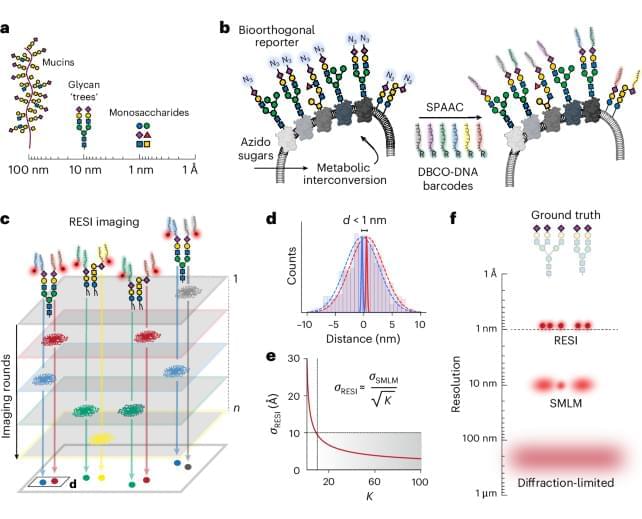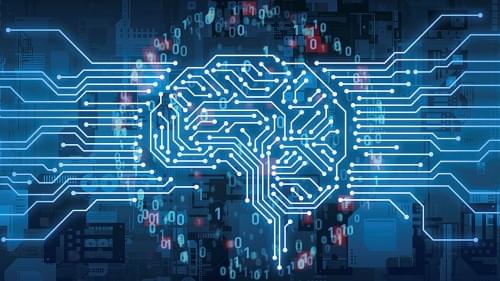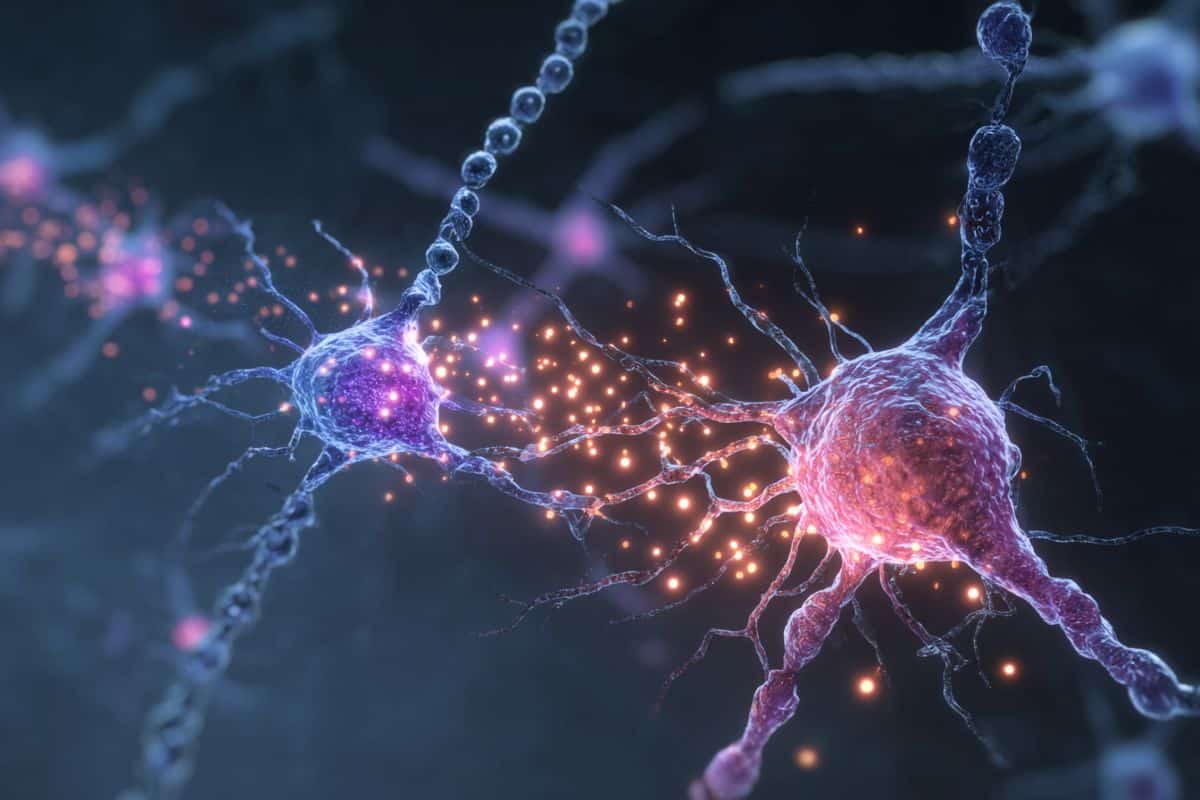China has recently unveiled its plan to initiate an experimental verification project to demonstrate and test the effectiveness of its asteroid defense system, and Wu Weiren, one of the country’s top space scientists, stressed the necessity of such project to the Global Times on Sunday, saying that from the perspective of safeguarding the Earth’s safety and the continuation of humanity, building asteroid defense capabilities is a shared task for all humankind, while calling on further international collaborative efforts against the threats posed by asteroid impact.
“As a responsible spacefaring nation, China has the responsibility, obligation, and capability to contribute Chinese wisdom, leverage Chinese strength, and systematically develop an asteroid detection and defense system, working together with the world to protect our planetary home,” Wu said. Wu is the chief designer of China’s lunar exploration program and director and chief scientist of the country’s Deep Space Exploration Laboratory (DSEL).
Wu outlined China’s asteroid exploration and defense system in detail for the first time at the third International Deep Space Exploration Conference, and during the event held from Thursday to Friday in Hefei, East China’s Anhui Province, Wu revealed that in the near future, China will conduct a kinetic impact demonstration and verification mission on an asteroid posing a potential threat to Earth.







